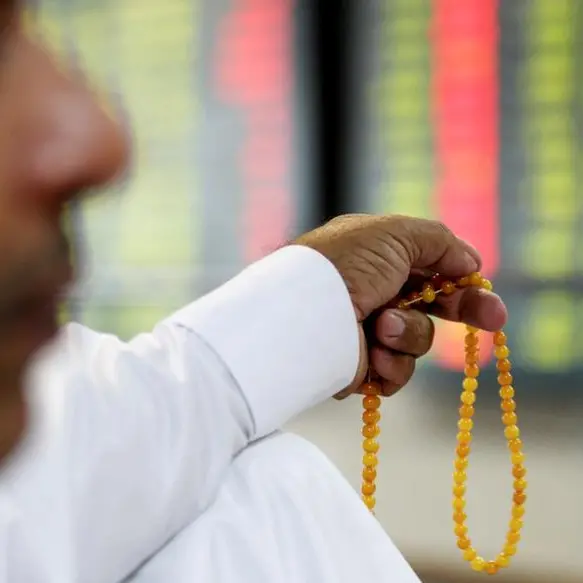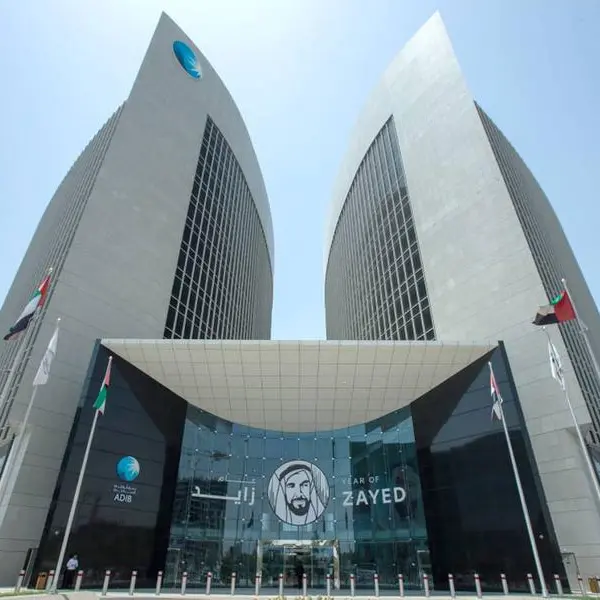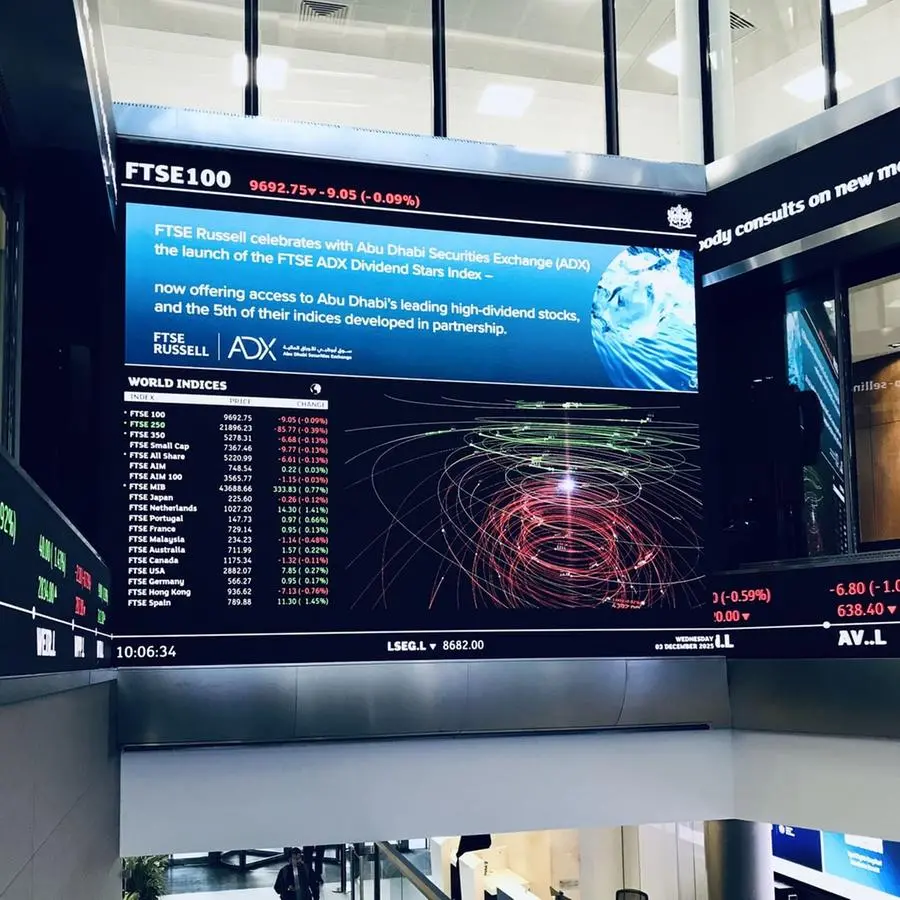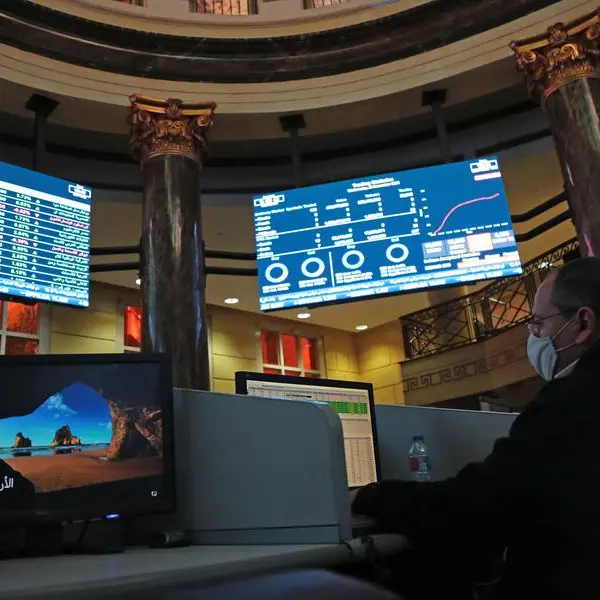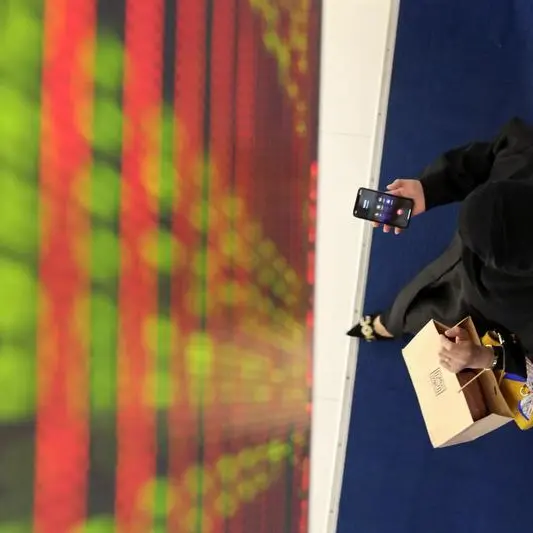PHOTO
Oman’s Asyad Shipping has priced its IPO in line with guidance at the top of the OR0.117–OR0.123 range for a OR128.1m (US$332.8m) deal.
Pricing values the company at OR640.7m off a 20% free-float of 1.04bn shares.
A banker involved said pricing had largely been driven by local investors with some institutions in for smaller sizes than they would have done had the deal come cheaper.
Pricing represents a dividend yield of 9%, though an additional payment for the 2024 financial year takes the first-year yield to 12.5%.
While this puts the stock at a discount to recent spin-offs by state oil company OQ, which were trading around 8.1%–11.9% when Asyad's books opened, the banker said some weaker aftermarket performances for Middle East stocks last year meant investors were a little cautious.
A second banker said international accounts had expected a double-digit dividend yield and while the first-year boost was seen as positive it was not enough to convince these accounts long term.
"It was not the easiest of transactions," said a third banker involved. "The Oman story after [OQ Exploration and Production] left people questioning their exposure to this market. The quality of the asset is very good but Oman has made steps forward and steps backward. The biggest factor is the performance of the previous listings."
Omani deals last year proved something of a learning curve featuring full pro rata allocations in the case of OQEP and a mixture of pro rata for locals and discretionary for internationals on OQ Base Industries. The former traded poorly, with a 10% discount to retail also a factor that was abandoned for OQBI.
OQEP shares remain well below its OR0.39 issue price at around OR0.321. Despite initially holding at or just above the OR0.111 issue price OQBI shares have fallen sharply since January to OR0.102.
To provide reassurance to investors Asyad has appointed Ubhar Capital as stabilisation manager with a OR10m brownshoe. The use of stabilisation is a first for Oman and like the UAE required a third party to be appointed due to regulatory concerns around market manipulation. Time spent getting approvals helped add to the long gap before books opened almost four weeks after the deal was announced.
“Some changes to characteristics were positive such as discretionary allocations and stabilisation,” said the second banker. “You have the features to lure international demand but it's difficult to onboard if pricing is considered too high.”
Local demand formed the majority of the book, while international demand was largely driven by hedge funds and a few emerging market specialists. Orders were received beyond the GCC region, notably from the UK, while Saudi demand was lower than expected despite the offer being sharia-compliant.
Management roadshows took place in seven of Oman's 11 governorates culminating in an event at the Muscat Stock Exchange.
Institutions will be allocated 45% of the shares and retail 25%. Anchors Qatar Investment Authority subsidiary Falcon Investments and Oman government-owned Mars Development and Investment are taking 30%.
Shares are expected to begin trading on March 12.
"There is still a market in Oman but we need success stories," said the third banker.
EFG Hermes, Oman Investment Bank, Jefferies, JP Morgan and Sohar International are joint global coordinators, and joint bookrunners with Credit Agricole/Kepler Cheuvreux and Societe Generale.
Source: IFR

